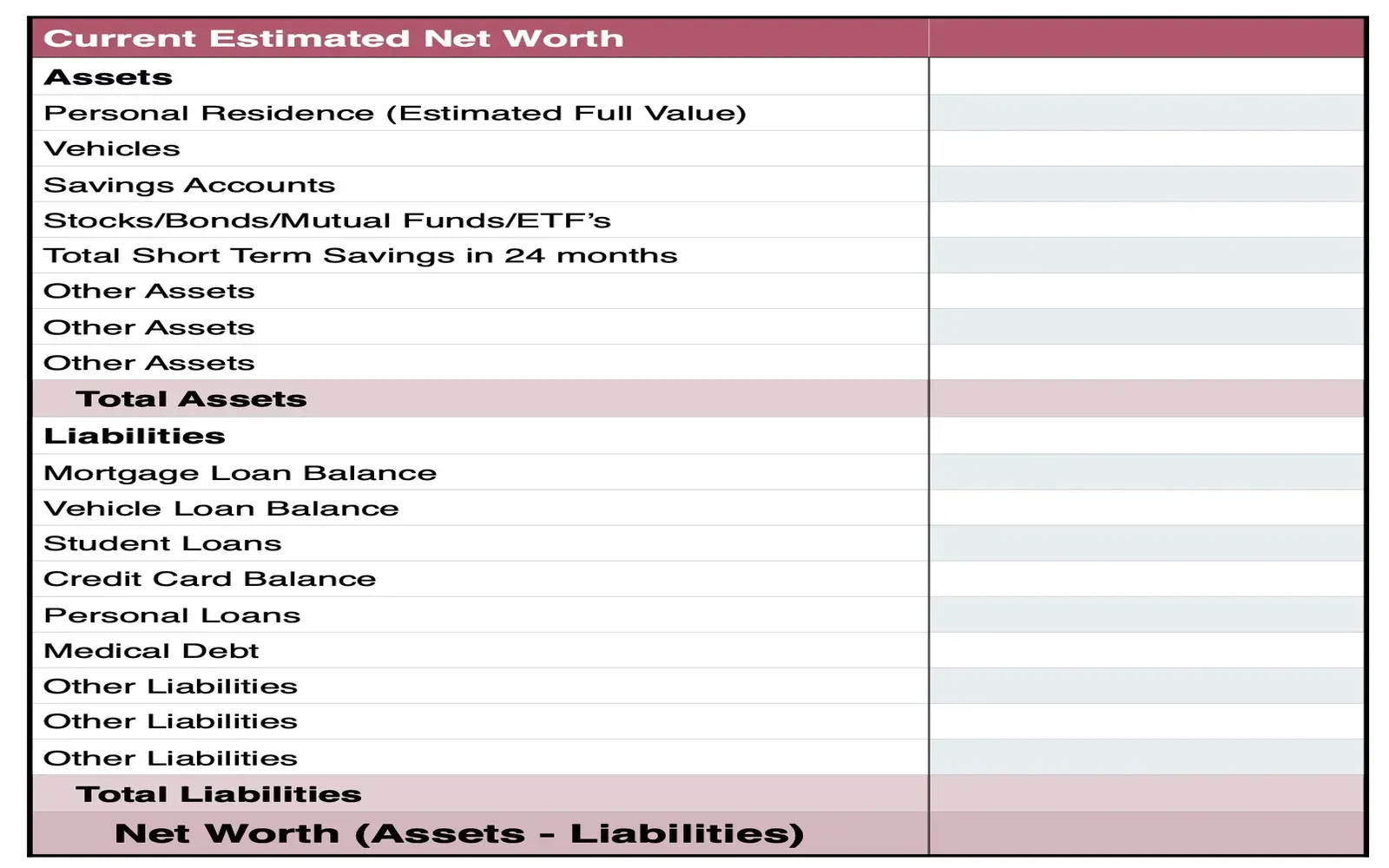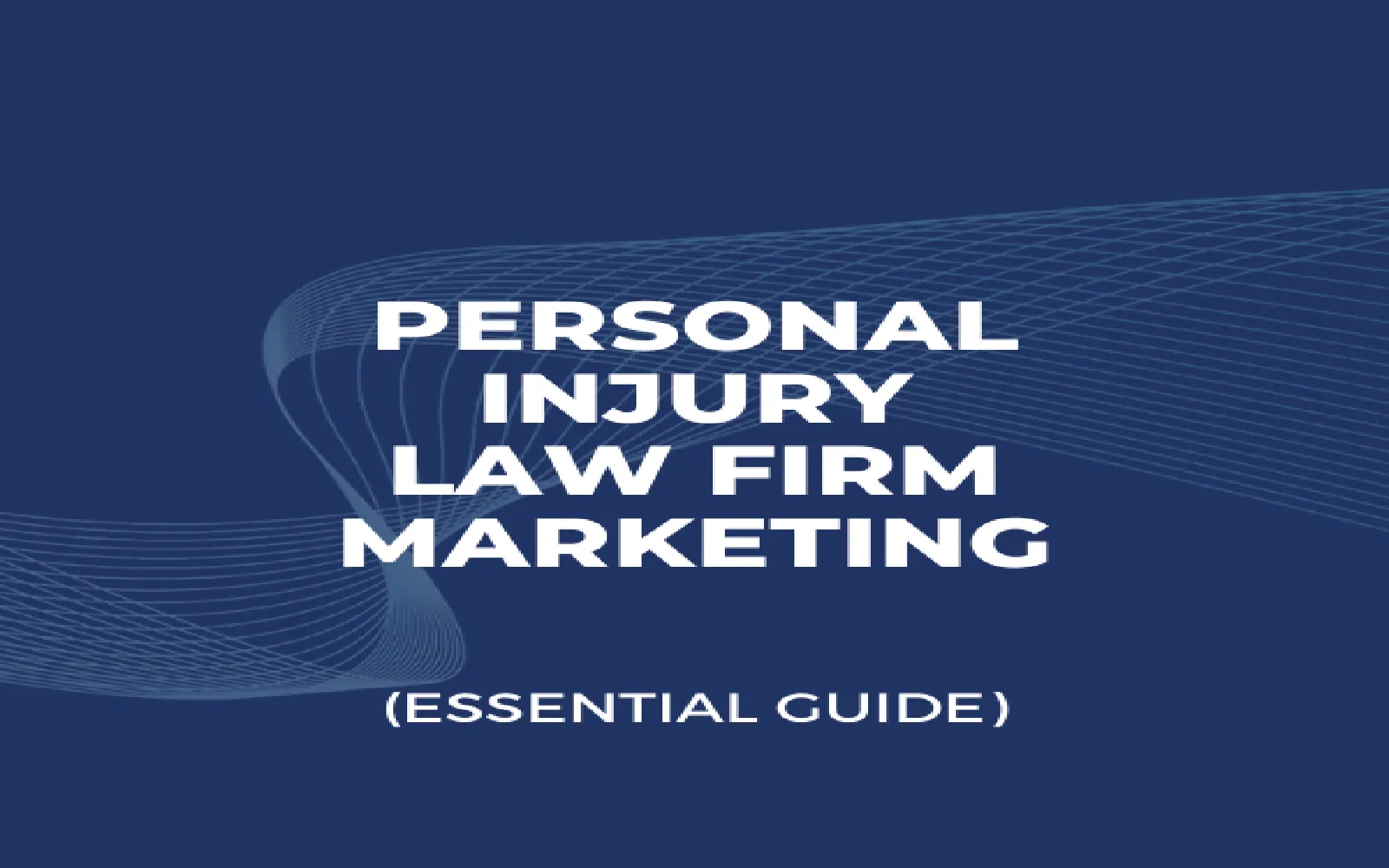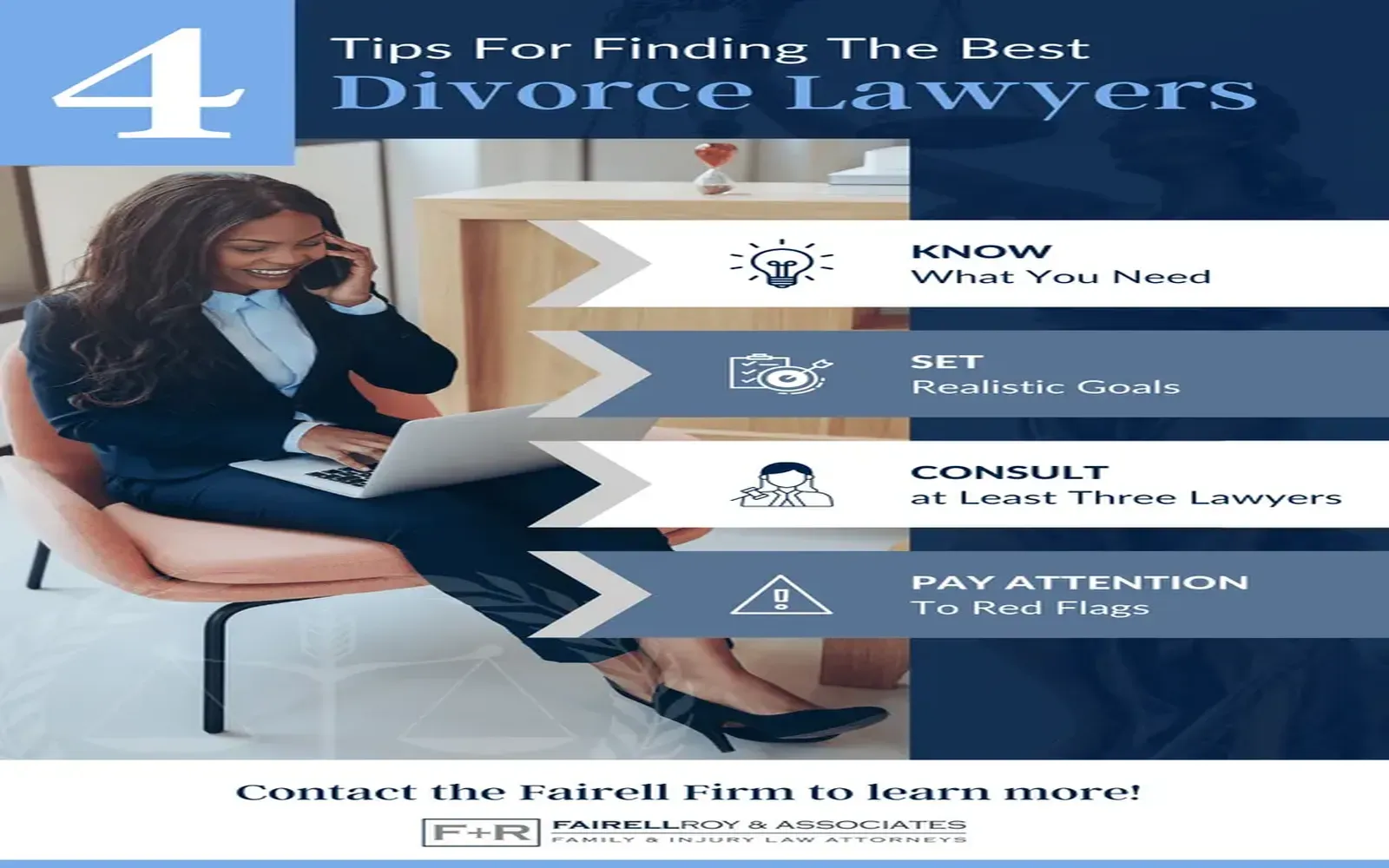When faced with financial difficulties, individuals and businesses often consider filing for bankruptcy as a viable option to achieve a fresh start. However, navigating the complexities of bankruptcy law requires expertise and guidance. This is where a qualified bankruptcy attorney comes into play. Choosing the right attorney can significantly impact the outcome of your bankruptcy case. This essential handbook will provide you with the necessary steps to select the best bankruptcy lawyer for your needs.
Understanding Different Types of Bankruptcy
Before you begin your search for a bankruptcy attorney, it’s crucial to understand the different types of bankruptcy filings available. The most common types are Chapter 7 and Chapter 13 bankruptcies:
- Chapter 7 Bankruptcy: This option allows individuals to discharge most of their unsecured debts. It involves liquidating non-exempt assets to pay creditors.
- Chapter 13 Bankruptcy: This plan enables individuals with a regular income to develop a repayment plan to pay back all or part of their debts over three to five years.
Understanding these distinctions can help you communicate your needs more effectively when consulting with potential bankruptcy lawyers.
Researching Potential Bankruptcy Attorneys
Finding the right bankruptcy attorney requires thorough research. Here are some steps to consider:
- Online Reviews: Check online platforms like Google, Avvo, and Yelp for client reviews and ratings of potential attorneys.
- Referrals: Ask friends, family, or financial advisors if they can recommend a reputable bankruptcy lawyer.
- Bar Association: Consult your local or state bar association for a list of qualified bankruptcy attorneys in your area.
Evaluating Qualifications and Experience
Once you have a shortlist of potential bankruptcy lawyers, it is essential to evaluate their qualifications and experience. Consider the following:
- Education: Confirm that the attorney has a law degree from an accredited institution and is licensed to practice in your state.
- Experience: Look for attorneys with significant experience in handling bankruptcy cases, particularly those similar to yours.
- Specialization: Some lawyers specialize in certain types of bankruptcy. Ensure the attorney you choose has experience in the specific chapter you plan to file.
Arranging Consultations
Most bankruptcy attorneys offer free consultations. Take advantage of this opportunity to ask questions and gauge their expertise. During your consultation, consider asking the following:
- What is your experience with bankruptcy cases?
- How many cases similar to mine have you handled?
- What are your fees, and how do you structure your billing?
- What is your approach to handling bankruptcy cases?
Understanding Fees and Costs
Legal fees can vary widely among bankruptcy lawyers. It’s important to understand the cost structure before making a decision. Here’s what you should consider:
- Flat Fees: Many bankruptcy attorneys charge a flat fee for their services, which can range from $1,000 to $3,500 depending on the complexity of the case.
- Hourly Rates: Some lawyers charge by the hour, which can lead to unpredictable costs. Make sure to ask for an estimate of total hours needed.
- Payment Plans: Inquire if the attorney offers payment plans, which can ease the financial burden.
Assessing Communication and Comfort Level
Your relationship with your bankruptcy attorney is important. You should feel comfortable discussing your financial situation openly. Pay attention to the following:
- Responsiveness: Is the attorney or their staff prompt in answering your questions or returning calls?
- Communication Style: Do they explain legal concepts in a way that is easy to understand?
- Empathy: Do they show understanding and compassion towards your financial struggles?
Making Your Decision
After evaluating your options, it’s time to make a decision. Choose a bankruptcy attorney who not only meets your criteria but also makes you feel confident and secure in their abilities. Remember, the right attorney will not only guide you through the bankruptcy process but also help you rebuild your financial future.
Conclusion
Choosing the right bankruptcy lawyer is a critical step in successfully navigating the bankruptcy process. By understanding your options, researching potential attorneys, evaluating their qualifications, and assessing your comfort level, you can make an informed decision. With the right guidance, you can achieve the fresh start you need and regain control of your financial future.
In summary, investing the time to choose the right bankruptcy attorney is essential for a smoother and more effective bankruptcy experience. Don’t hesitate to reach out and ask questions; a good attorney will be happy to provide you with the information you need to make the right choice.









